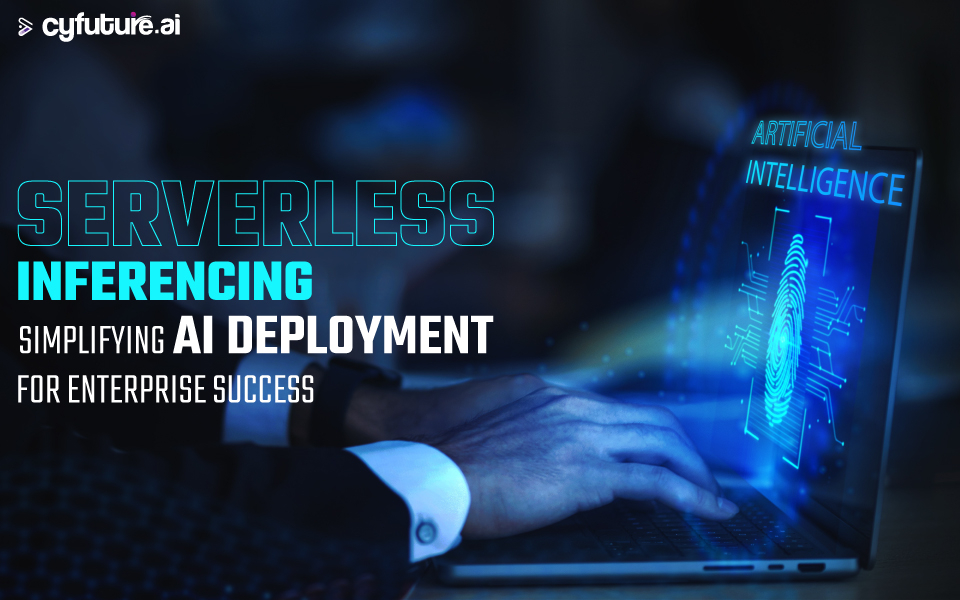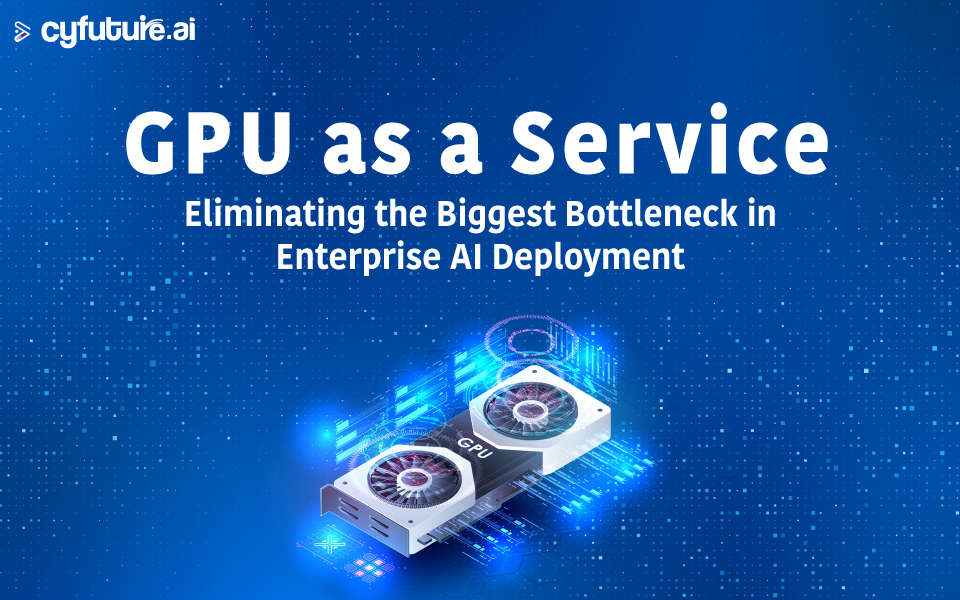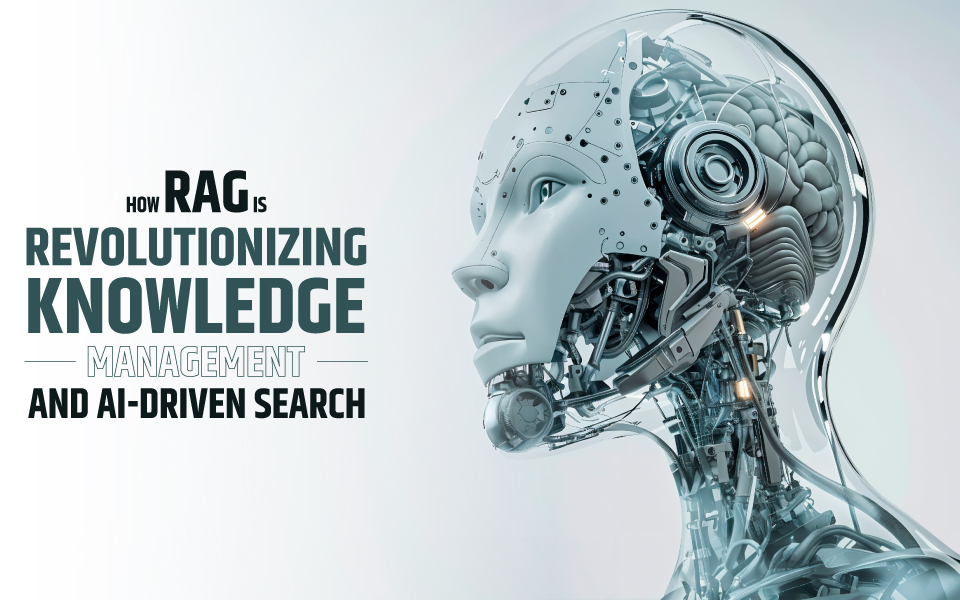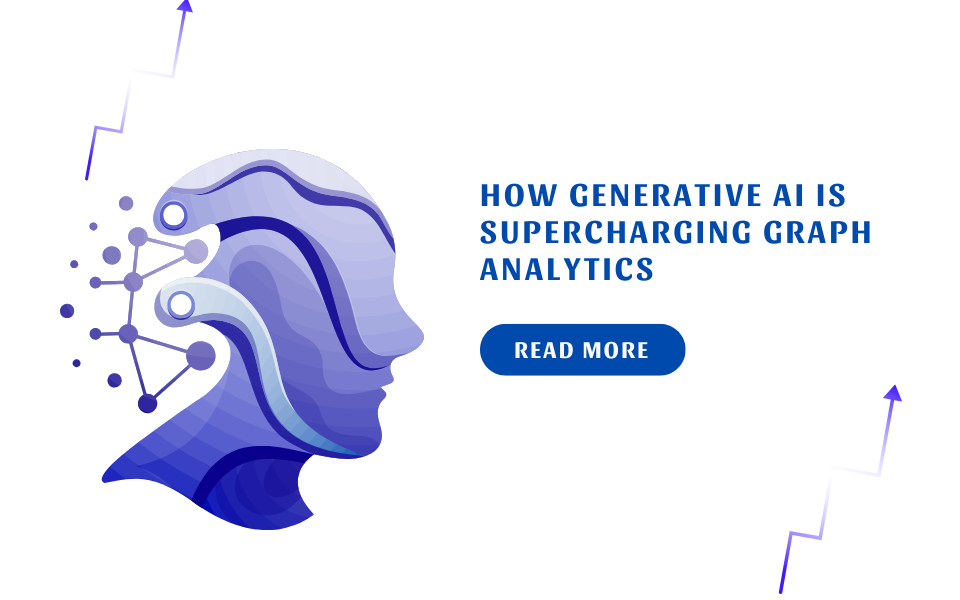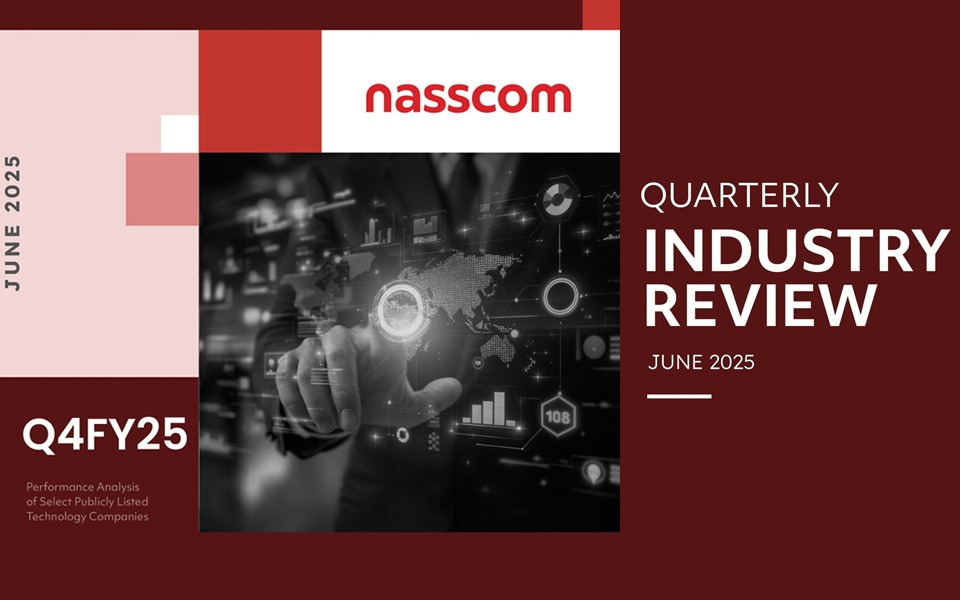Top 5 AI Innovations Shaping the Future of ERP Software
In today’s fast-paced business environment, innovation is key to staying competitive. Artificial intelligence (AI) is at the forefront of this transformation, significantly impacting enterprise resource planning (ERP) systems. These technologies integrate various business processes, making them more efficient and adaptive.
Modern ERP systems increasingly rely on AI to improve decision-making and operational efficiency. With advancements like machine learning, natural language processing, and robotics, companies can enhance their data management and customer interactions. The integration of these technologies marks a revolutionary shift in how businesses optimize their operations.
This article explores the top five AI innovations shaping the future of ERP software. We will delve into each technology’s role and its implications for businesses across various industries. Join us as we uncover how AI is redefining ERP systems for greater success.
The Role of AI in Modern ERP Systems
AI is revolutionizing modern Enterprise Resource Planning (ERP) systems by enhancing operational efficiency and user experience. These systems leverage artificial intelligence and machine learning to automate repetitive tasks and streamline business processes. AI-powered ERPs provide real-time data, offering actionable insights into inventory management, resource allocation, and customer relationship management.
The integration of natural language processing and virtual assistants makes navigating ERP systems intuitive, improving user interactions and satisfaction. Predictive analytics further assist in strategic planning and demand forecasting, ensuring optimal inventory levels and supply chain management. Through AI-enabled ERP systems, businesses gain deeper insights into their operations, ultimately refining their customer service and overall customer experience.
Let me know if you'd like any other adjustments!
Here's a summary of AI-enhanced ERP features:
|
Feature
|
Description
|
|
Predictive Analytics
|
Provides insights for strategic planning and forecasting
|
|
Virtual Assistants
|
Simplifies user interactions
|
|
Real-Time Data Processing
|
Supports immediate decision-making
|
|
Natural Language Processing
|
Enhances user experience
|
By transforming vast amounts of data into meaningful insights, AI in ERP facilitates efficient business operations, reduces routine tasks, and improves human resource management.
Machine Learning for Predictive Analytics
Machine Learning (ML) for Predictive Analytics revolutionizes business operations by offering actionable insights. It utilizes vast amounts of data to anticipate trends and outcomes, enhancing strategic planning and resource allocation. Predictive analytics in an AI-powered ERP system empowers businesses to optimize supply chain management and inventory levels through accurate demand forecasting.
Benefits of Machine Learning in Predictive Analytics:
- Enhanced operational efficiency.
- Improved customer service and user experience.
- Accurate predictive demand forecasting.
Natural language processing and sophisticated language models enable deeper insight into customer interactions and business processes. This technology also streamlines routine tasks and repetitive tasks, freeing human resources for more nuanced decision-making. Real-time data allows businesses to swiftly respond to changing market conditions, bolstering customer relationship management.
Applications:
|
Application
|
Benefit
|
|
Inventory Management
|
Optimizes stock levels
|
|
Customer Experience
|
Tailors interactions and service
|
|
Business Processes
|
Automates routine and repetitive tasks
|
Incorporating Machine Learning in Predictive Analytics enriches ERP systems, offering a comprehensive view that aligns with business objectives. This leads to improved user interactions, enhanced customer experience, and more strategic resource allocation.
Natural Language Processing: Elevating User Experience
Natural Language Processing (NLP) is revolutionizing the way businesses enhance user experience. By leveraging NLP, companies can streamline repetitive tasks and refine business processes, improving Enterprise Resource Planning through enhanced user interactions. With AI and Machine Learning, NLP analyzes vast amounts of textual data, offering deeper insights and actionable intelligence.
Table: NLP Applications in Business
|
Application
|
Benefits
|
|
Virtual Assistants
|
Real-time customer support
|
|
Predictive Analytics
|
Improved strategic planning
|
|
Demand Forecasting
|
Accurate inventory management
|
|
Customer Relationship Management
|
Enhanced customer service
|
NLP enables AI-powered ERP systems to process language, thus enriching customer service and optimizing supply chain operations. This, in turn, boosts operational efficiency and resource allocation by converting raw data into valuable insights. Businesses can leverage NLP for routine tasks, ultimately improving user experience and delivering tailored services.
Incorporating NLP in business operations ensures a seamless and intuitive user experience, fostering improved customer relationships. As language models advance, the integration of NLP into AI-enabled ERP systems promises to transform the landscape of strategic planning and decision-making.
Chatbots in Customer Service and Support
Chatbots are revolutionizing customer service by automating routine tasks and enhancing user interactions. Using natural language processing, these virtual assistants quickly handle customer queries, providing immediate responses that improve customer experience. Businesses benefit from chatbots by streamlining customer relationship management and reducing the need for human resources.
AI-enabled chatbots assist in resolving frequently asked questions, enabling companies to manage vast amounts of customer inquiries efficiently. They also offer predictive analytics to anticipate customer needs, improving operational efficiency. With the capability to process real-time data, chatbots provide actionable insights that enhance strategic planning and decision-making.
Here’s a quick glimpse at chatbot benefits in customer service:
|
Benefit
|
Description
|
|
24/7 Availability
|
Always active to assist customers at any time.
|
|
Cost-Effective
|
Reduces expenses by minimizing human intervention.
|
|
Personalized Interactions
|
Delivers tailored experiences based on user data.
|
|
Fast Response Times
|
Provides instant solutions to customer problems.
|
Integrating chatbots into customer service frameworks elevates not just efficiency but also the overall customer experience by ensuring seamless and effective interactions.
Robotic Process Automation: Streamlining Operations
Robotic Process Automation (RPA) is transforming business operations by automating repetitive tasks. It enhances operational efficiency by allowing workers to focus on strategic planning rather than routine tasks. RPA streamlines business processes such as inventory management and customer service.
RPA utilizes software bots to process vast amounts of real-time data, increasing productivity in areas like supply chain and human resources. This automation leads to more accurate resource allocation and better demand forecasting. User experience is improved as RPA enables quicker response times, enhancing customer interactions and relationship management.
Here's a brief comparison:
|
Traditional Process
|
RPA-Enabled Process
|
|
Manual Data Entry
|
Automated Data Processing
|
|
Employee-Based Operations
|
Bot-Assisted Operations
|
|
Time-Consuming Tasks
|
Efficient Task Completion
|
With RPA, businesses can achieve deeper insight from actionable data analytics, facilitated by AI and Machine Learning technologies. The AI-powered ERP system integrates seamlessly, providing natural language processing and virtual assistants that further streamline business operations. As AI evolves, these systems continue to revolutionize user experience and streamline business functions, paving the way for future innovations.
Computer Vision for Enhanced Data Management
Computer vision revolutionizes data management by automating and streamlining complex processes. It enhances operational efficiency by processing vast amounts of visual data rapidly. Integrating computer vision with existing systems can significantly improve inventory management through real-time data analysis and monitoring.
Key Benefits of Computer Vision in Data Management:
- Automated data extraction
- Improved accuracy and precision
- Real-time monitoring and analysis
Using computer vision, businesses can deploy natural language processing and machine learning to gain deeper insights into routine tasks. This approach allows for predictive analytics in areas like inventory levels and customer relationship management. The technology assists in transforming raw data into actionable insights, optimizing resource allocation.
|
Aspect
|
Improvement
|
|
Inventory Management
|
Real-time tracking and optimization
|
|
Customer Experience
|
Enhanced interaction through data insights
|
|
Strategic Planning
|
Data-driven decision-making
|
Implementing computer vision not only refines business operations but also elevates the user experience by enhancing customer service. By automating repetitive tasks, companies can focus on strategic planning and improving customer satisfaction.
Generative AI: Revolutionizing Decision-Making
Generative AI is transforming decision-making by providing deeper insights and actionable intelligence across business processes. Harnessing Machine Learning and AI, businesses can tap into vast amounts of real-time data for strategic planning and resource allocation. This technology optimizes repetitive tasks, enhances operational efficiency, and supports predictive analytics.
Key benefits of Generative AI in decision-making include:
- Deeper Insight: Offers sophisticated data analysis for strategic planning.
- Automated Processes: Streamlines routine tasks in inventory management and human resources.
- Predictive Analytics: Provides accurate demand forecasting and inventory levels management.
Here's a brief comparison of traditional decision-making versus AI-enhanced approaches:
|
Aspect
|
Traditional Approach
|
Generative AI Approach
|
|
Data Processing
|
Manual and time-consuming
|
Automated and real-time
|
|
Insight Generation
|
Limited and retrospective
|
Deeper and predictive
|
|
Efficiency
|
Average operational efficiency
|
Enhanced operational efficiency
|
Integrating natural language processing and language models allows AI-powered ERP systems to improve customer interactions and service, ensuring an enhanced user experience. With Generative AI, businesses gain a virtual assistant that aids in precise strategic decisions.
Industry-Specific Benefits of AI in ERP
AI-enabled ERP systems offer significant industry-specific benefits by incorporating intelligent technologies into Enterprise Resource Planning. For manufacturing, AI can optimize supply chain operations through demand forecasting and real-time data on inventory levels. This ensures optimal inventory management, reducing waste and improving operational efficiency.
In retail, AI-powered ERP systems enhance customer experience by utilizing natural language processing and language models. Virtual assistants manage user interactions and customer relationship management, leading to better customer service and satisfaction. Predictive analytics in AI can foresee market trends, allowing strategic planning for future demand.
The healthcare sector benefits from AI in ERP through efficient resource allocation and human resources management. Routine tasks are automated, and repetitive tasks are minimized, allowing medical professionals to focus on patient care. Actionable insights derived from AI provide deeper insight into patient data, improving overall business processes.
Incorporating AI in ERP leads to enhanced user experience and operational efficiency across various industries. The vast amounts of data processed provide insightful decisions and improved business operations. Here's a quick table summarizing the benefits:
|
Industry
|
Benefits
|
|
Manufacturing
|
Supply chain optimization, Inventory management
|
|
Retail
|
Enhanced customer experience, Improved CRM
|
|
Healthcare
|
Efficient resource allocation, Better patient care
|
Future Considerations: The Evolution of ERP with AI
The future of Enterprise Resource Planning (ERP) is rapidly evolving with the integration of Artificial Intelligence (AI). AI-powered ERP systems promise to transform business operations by streamlining routine tasks and improving operational efficiency. The use of machine learning and natural language processing enables systems to provide deeper insight and actionable insights.
Key areas of impact include:
- Predictive Analytics: Utilizing real-time data to forecast demand and optimize inventory management.
- Virtual Assistants: Enhancing user interactions and customer service through improved customer relationship management.
- Strategic Planning: AI aids in resource allocation and supply chain optimization, reducing repetitive tasks.
AI-enabled ERP systems will also boost the customer experience by leveraging vast amounts of data for more personalized interactions. They contribute to more informed strategic planning and facilitate better decision-making processes by analyzing user data patterns efficiently. With these advancements, businesses can expect enhanced user experience and improved operational efficiency across various functions like human resources and inventory management.
|
Key Benefits
|
AI Features
|
|
Predictive Analytics
|
Real-time Data Analysis
|
|
Enhanced UX
|
Natural Language Models
|
Conclusion: Embracing AI Innovations in ERP Systems
The integration of AI innovations into ERP systems is revolutionizing how businesses conduct their operations. AI-powered ERP systems enhance operational efficiency by automating repetitive tasks and streamlining business processes. This allows for improved resource allocation and deeper insights into various functions like human resources, supply chain, and inventory management.
AI technologies, such as natural language processing and machine learning, enable real-time data analysis, offering actionable insights for strategic planning and routine tasks. Through AI virtual assistants, businesses can improve user experience and customer service, utilizing predictive analytics for demand forecasting and inventory levels management.
Embracing AI in ERP also opens new avenues for enhancing customer relationship management, as AI processes vast amounts of user interactions to optimize customer experiences. Ultimately, businesses adopting AI-enabled ERP systems can expect significant improvements in efficiency, decision-making, and overall business operations. Transitioning to these advanced systems positions companies to stay





